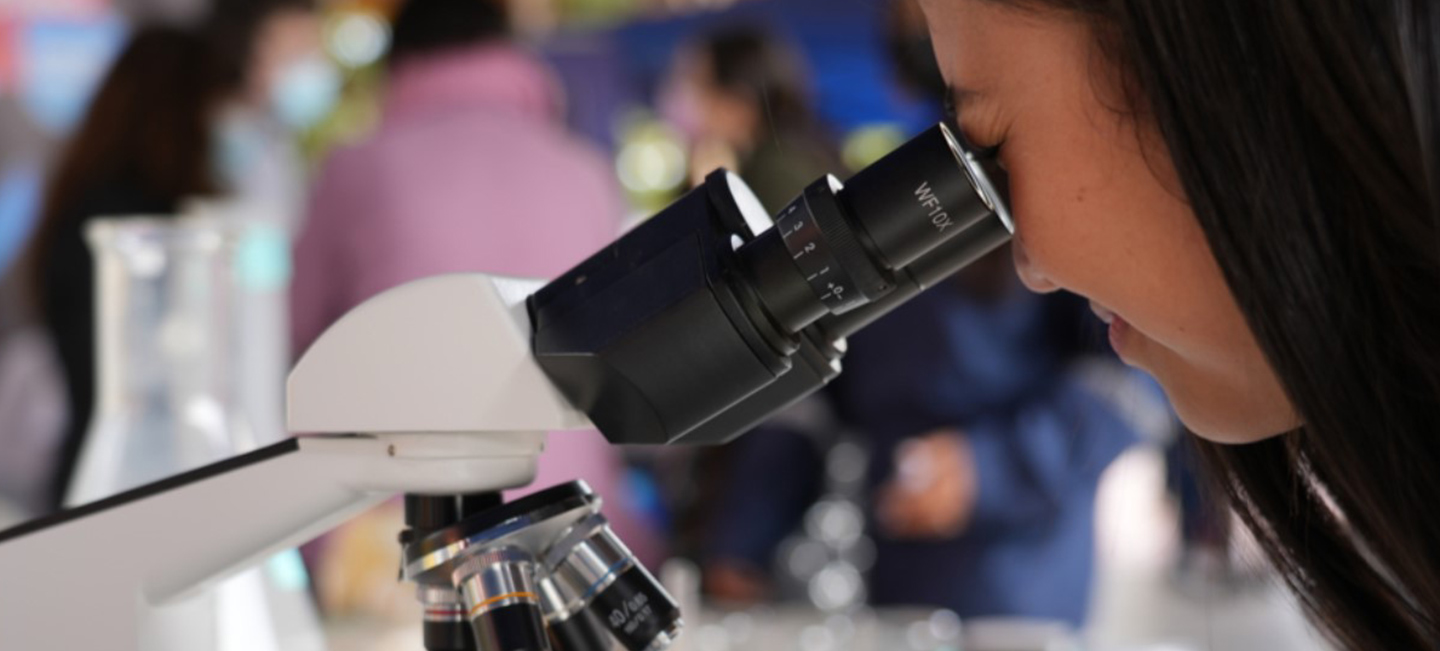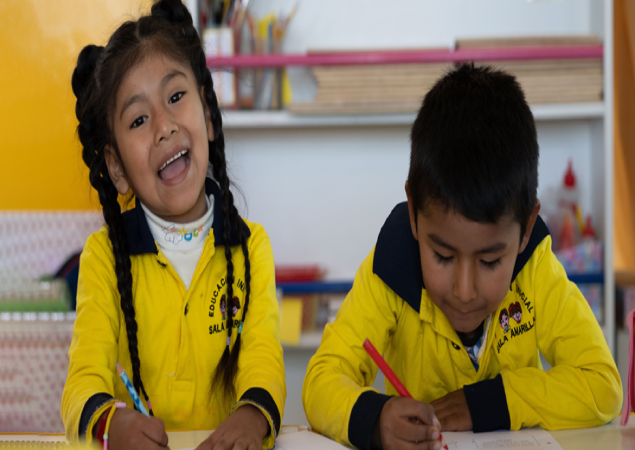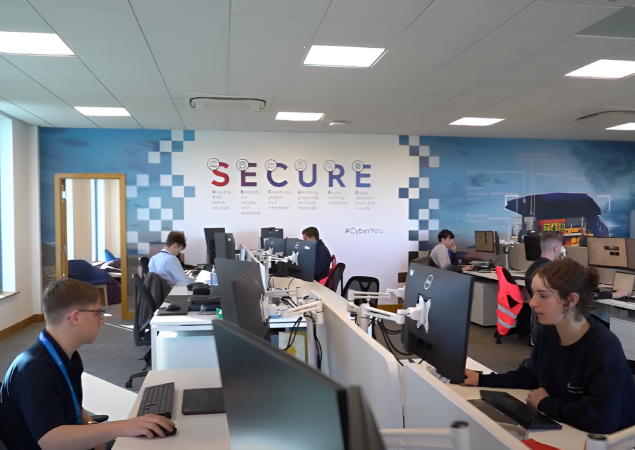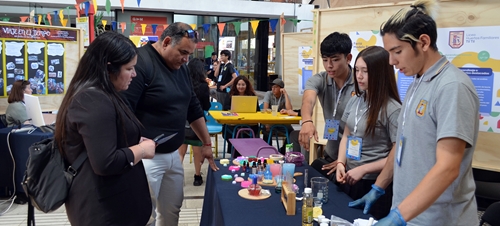- Home
- About us
- Our portfolio
- Sustainability Strategy
- FutureSmart Mining™
- Careers
-
Investors
- Results centre and presentations
- Annual reporting
- Regulatory news
- Investor Relations contacts
- Investor calendar
- ESG summary factsheets
- AGM & proxy voting
- Tools - Shares and dividends
- Dividends announcements
- Dividend reinvestment plans
- Share purchase transactions
- Shareholder and other information
- Demerger of Anglo American Platinum
- Merger of Anglo American and Teck Resources
- Our stories
- Media
- Suppliers
- Contact us
- Avoid online scams
-
Our stories
-
Media
-
Suppliers
SuppliersView Suppliers View
We are committed to building a responsible, inclusive and more transparent Supply Chain that generates sustainable value for all our stakeholders, including the communities that we operate in.
-
Contact us
-
Avoid online scams





